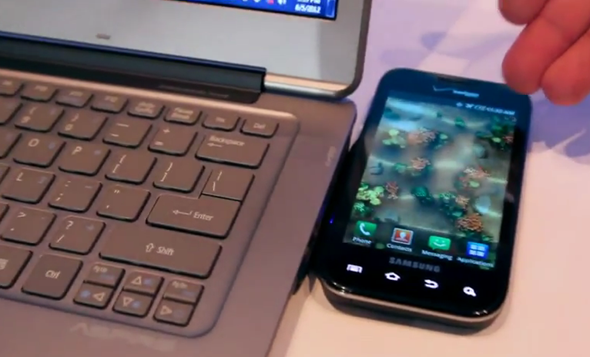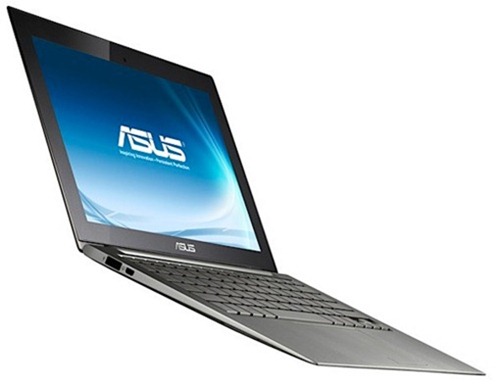Wireless charging has constantly been spoken of in the past as a technology the consumer market will eventually adopt with natural progression, and according to a report over at DigiTimes, Intel could be launching a new system that’ll allow wireless charging of smartphones powered by its processors. The technology has been approved by the Wireless Power Consortium as the Qi standard, and is another leap in the quest of hardware manufacturers to minimize the cables and wires – something we definitely agree with.
The devices will, by no means, be the first to offer wireless charging, since both Sharp and NTT Docomo have shipped smartphones offering such a feature, but like many fairly new technologies, pricing has been a major stepping stone in bringing it to the consumer market. Often, as has clearly been the case here, a couple of vendors will offer the new feature at a premium price, and eventually another company (in this case, Intel), will get its numbers a bit more economical before launching a full-on assault on the market.

According to DigiTimes, South Korean consumer electronics outfit Samsung was wanted to have launched a wireless charging device by this time, but unspecified technical hitches have seen that particular release delayed until late this year, or sometime next year. If we have to wait until 2013 for Samsung’s take on a more seamless charging environment, Intel will be hot on its heels, with the second half of next year penned as the purported release bracket of these Intel-powered, wirelessly-charged devices.

Apparently, Intel’s technology would use an ultrabook as the source of power, although one suspects the chip maker will need to persuade consumers to buy them in the first place. The ultrabook, which would be strapped up with all the necessary software, would also include a transmitter which would wirelessly push power through the air and straight to your smartphone. Furthermore, the power burden on your ultrabook would be low, and you wouldn’t need to place your phone in a specific position.

It all sounds terrific, but I’ll have to see it in action to be convinced it’s more convenient than just docking. As a power user of my electronic gadgets, I certainly wouldn’t mind connecting a cable if there was a significant bump in how much extra juice I would wind up getting, but I’ll wait and see what Intel comes up with before passing any further judgment.
You may also like to check out:
You can follow us on Twitter, add us to your circle on Google+ or like our Facebook page to keep yourself updated on all the latest from Microsoft, Google, Apple and the Web.

